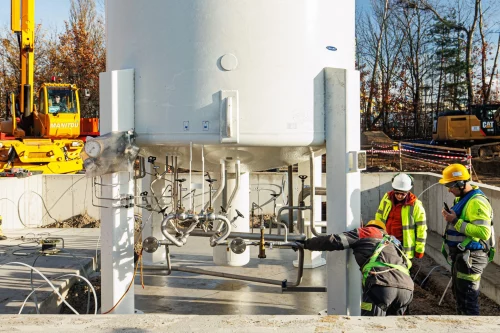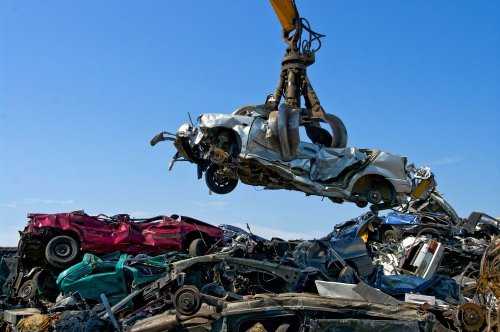Fossil fuels could be replaced by so-called "green diesel" produced by the cultivation of microalgae in special bioreactors
This conclusion was made by research engineers from Brazil, writes Express.
Professor José Coelho Vargas of the Federal University of Paraná, Brazil, and his colleagues worked with the microalgae species Tetradesmus obliquus.
This particular tiny aquatic organism has elongated, spineless cells and can commonly be found in freshwater environments — and can biosynthesise hydrocarbons, which would be used to produce fuel.
“Microalgae are autotrophic organisms that can fix carbon dioxide as a primary carbon source. Therefore, due to the combination of high biomass productivity and great efficiency in synthesising and accumulating fatty acids, they emerge as ideal hydrocarbon production beings,” the scientists explained.
A particular advantage of producing biofuel from microalgae — over crops like corn or sugarcane — is that it can be grown in so-called photobioreactors.
As part of the study, T. obliquus was grown in large-scale photobioreactors. Each comprised more than 12,000 feet of clear PVC tubing, giving the algae access to sunlight for photosynthesis.
For a cultivation medium, the team used bio-digested swine manure, a substance that is rich in carbon, nitrogen and phosphorus. After 15 days, the team removed the dry biomass from the reactors. From this, they extracted oil — via the addition of a mixture of hexane and ethanol — for subsequent distillation.
In tests of the resulting fuel, the team found that the so-called “lower heating value” of their distilled oil was comparable to that of low-sulphur diesels, at 41,952 compared with 42,093 kilojoules per kilogram.
“A lower heating value approximately equal to fossil low-sulphur diesel and high ignition quality qualify microalgae-derived ‘green’ diesel for diesel engines utilisation," the researchers concluded.
They added that in the future, green diesel could be used as an advanced motor fuel to replace fossil fuels “without engine performance loss”.
Before EcoPolitica wrote that German automaker Audi plans to completely abandon the production of cars with internal combustion engines by 2033.





